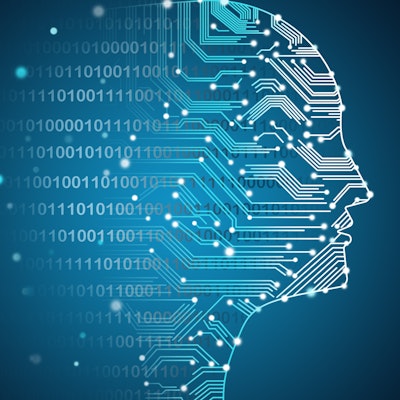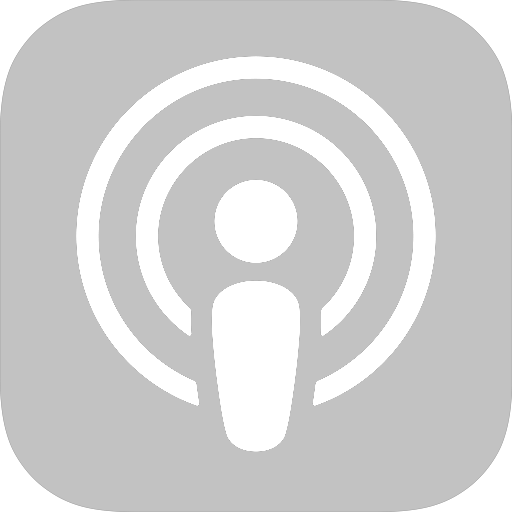
Is it an unreasonable search and seizure to be able to search the inner workings of the human brain?
Show Notes
A technological future where our brain waves could be monitored and our thoughts decoded and analyzed — sometimes against our will — is not as far away as we think. But our existing legal protections and conception of human rights around cognitive liberty are trailing innovations in neurotechnology. Brain hacking tools and devices could bring massive benefits, for people suffering from dementia or mental health disorders, for instance. If we want to avoid dystopian outcomes, though, we have to be deliberate about how we allow this technology to develop, says Nita Farahany, a bioethics researcher and professor at Duke University. In this talk, Farahany points to what we need to watch out for, and explains how to proceed carefully. With her 2023 book, “The Battle for Your Brain: Defending Your Right to Think Freely in the Age of Neurotechnology,” as a guide, she explains why several major tech companies are betting big on brain data collection tools. And she urges us to build safeguards to ensure a cognitively healthy society
Explore
Related episodes


Artificial intelligence is clearly going to change our lives in multiple ways. But it’s not yet obvious exactly how, and what the impacts will be. We can predict that certain jobs held by humans will probably be taken over by computers, but what about our thoughts? Will we still think and create in the same ways? Author and former Aspen Institute president Walter Isaacson...


When Sal Khan created Khan Academy, he was trying to scale up the successful experiences he’d had tutoring his cousins one-on-one in math. He saw how effective it could be for students to go at their own pace, ask questions and be questioned about their reasoning, and he wanted to make those benefits available to as many kids as possible. The organization eventually grew t...


Actor Rainn Wilson had his dream job on the hit TV show “The Office,” but was still being kept up at night by anxiety, depression, and life’s big unanswerable questions. He went on a quest to discover the world’s spiritual teachings, reading all the holy books of the world’s major religions. For several years, he researched and pondered concepts like truth, love, free will...


Like all technology, artificial intelligence can be used for good, and it can be used for evil. What little federal regulation the United States has governing technology and the internet was written before artificial intelligence existed in its current form, and as a society, we’re flying blind and in way over our heads as we enter this next phase of digital life. What cou...


What is it that pulls one person toward another, and connects them? What does love and attraction do to our brain, and vice versa? Biological anthropologist Helen Fisher has been studying questions of love and relationships for over 40 years. Through detailed data collection, research questionnaires and even brain scans, she has collected massive amounts of information on...







